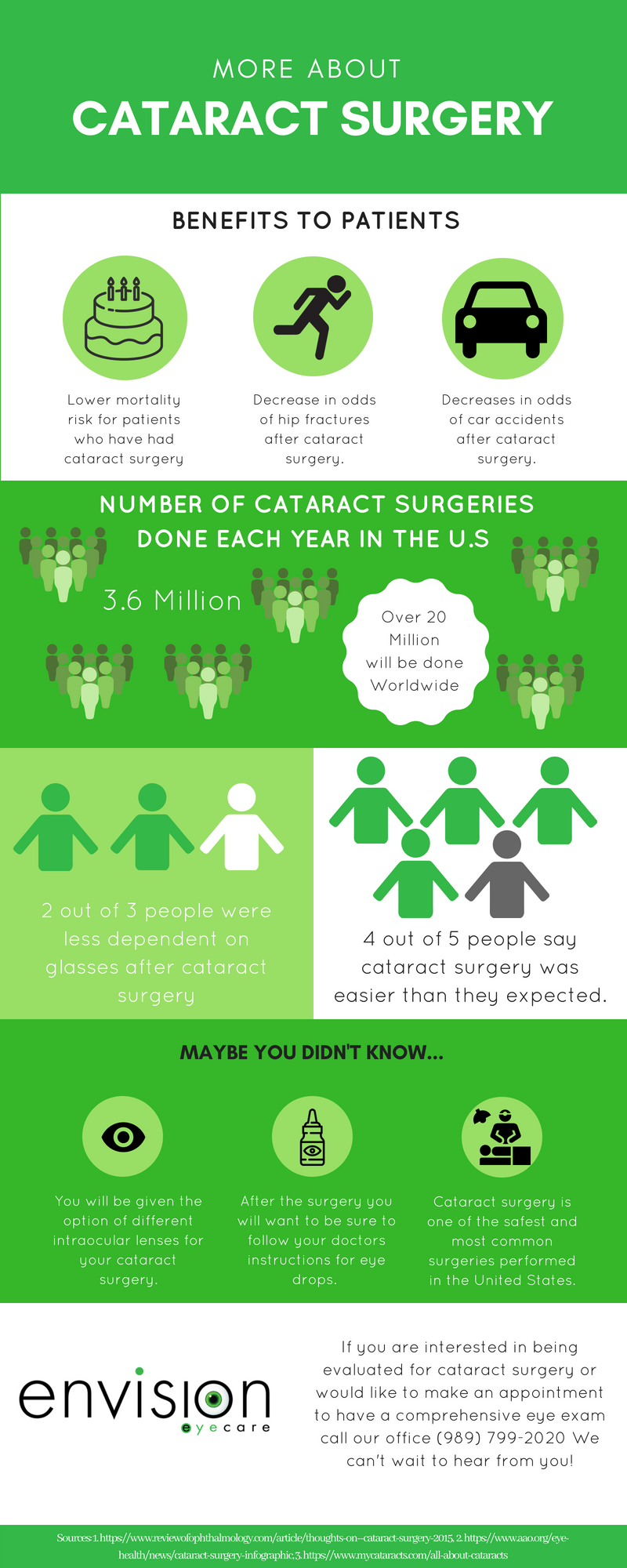Is SMILE Eye Surgical Treatment A Good Suitable For You? Vital Insights And Factors To Assess
Is SMILE Eye Surgical Treatment A Good Suitable For You? Vital Insights And Factors To Assess
Blog Article
Article Produced By-Bridges Patel
If you're pondering SMILE eye surgical procedure, contemplate this: are you prepared to accept potential visual liberty, or does the idea of any kind of dangers make you think twice? Your choice will rest on a mindful equilibrium of considering the benefits versus the unpredictabilities. It's important to dig much deeper into the subtleties of SMILE surgical procedure to make an enlightened choice that lines up with your aesthetic objectives.
Recognizing SMILE Eye Surgery
When thinking about SMILE Eye Surgical treatment, it is very important to recognize the treatment and its advantages. SMILE, which represents Small Incision Lenticule Extraction, is a minimally invasive laser eye surgical treatment that remedies typical vision problems like nearsightedness (nearsightedness).
During the treatment, your eye cosmetic surgeon will use a femtosecond laser to produce a tiny laceration in your cornea. With this laceration, a small disc of tissue called a lenticule is removed, improving the cornea and correcting your vision.
One of the essential advantages of SMILE Eye Surgical procedure is its fast recovery time. Several people experience enhanced vision within a day or 2 after the procedure, with marginal discomfort.
Furthermore, SMILE is recognized for its high success price in providing long-term vision modification. Unlike LASIK, SMILE does not need the creation of a flap in the cornea, minimizing the threat of problems and allowing for a much more stable corneal structure post-surgery.
Comprehending the procedure and its advantages is critical when thinking about SMILE Eye Surgical treatment for vision improvement.
Benefits and drawbacks of SMILE
Thinking About SMILE Eye Surgery for vision modification features various advantages and potential drawbacks.
Among https://www.healthline.com/health/lenticular-lenses of SMILE is its minimally intrusive nature, as it entails a little laceration and generally causes quick recovery times. Cataract Surgery Is It Painful is additionally understood for triggering marginal discomfort and dry eye signs and symptoms post-surgery contrasted to various other vision correction approaches. In addition, SMILE has actually been revealed to give outstanding visual outcomes, with numerous clients accomplishing 20/20 vision or far better.
On the other hand, a possible con of SMILE is that it may not be suitable for individuals with extreme refractive errors, as the therapy variety is somewhat restricted compared to LASIK. An additional factor to consider is that the understanding curve for cosmetic surgeons carrying out SMILE can affect the accessibility of knowledgeable carriers in particular areas.
It is necessary to consider these advantages and disadvantages meticulously when determining if SMILE is the appropriate choice for your vision correction demands.
Determining Eligibility for SMILE
To establish if you're qualified for SMILE eye surgical procedure, your ophthalmologist will carry out an extensive assessment of your eye health and vision needs. During this assessment, factors such as the security of your vision prescription, the density of your cornea, and the total wellness of your eyes will certainly be examined.
Typically, prospects for SMILE are over 22 years old, have a stable vision prescription for a minimum of a year, and have healthy corneas without problems like keratoconus.
Your ophthalmologist will likewise consider your overall eye health, any type of existing eye conditions, and your lifestyle requires to establish if SMILE is the appropriate option for you. It's vital to communicate any specific aesthetic demands or issues you may have during this examination to make sure that the therapy straightens with your assumptions.
If you aren't qualified for SMILE, your eye doctor might suggest different vision correction alternatives that far better fit your specific needs and eye health standing.
Conclusion
Eventually, making a decision whether SMILE eye surgical procedure is right for you needs cautious consideration of your specific eye health and wellness and aesthetic demands. Talk to your eye doctor to establish your qualification for the treatment and evaluate the possible benefits and disadvantages. Keep in mind to communicate any issues or questions you might have during the analysis process to make an informed choice regarding your vision adjustment options.
